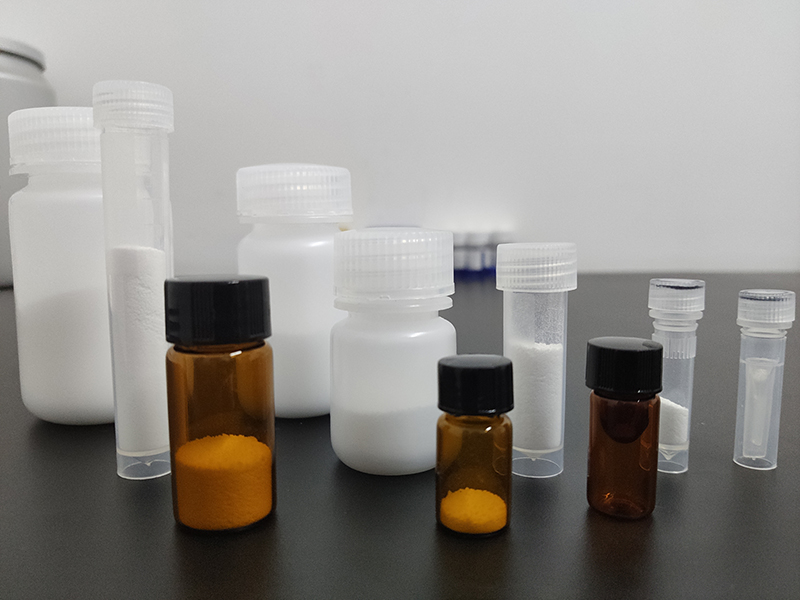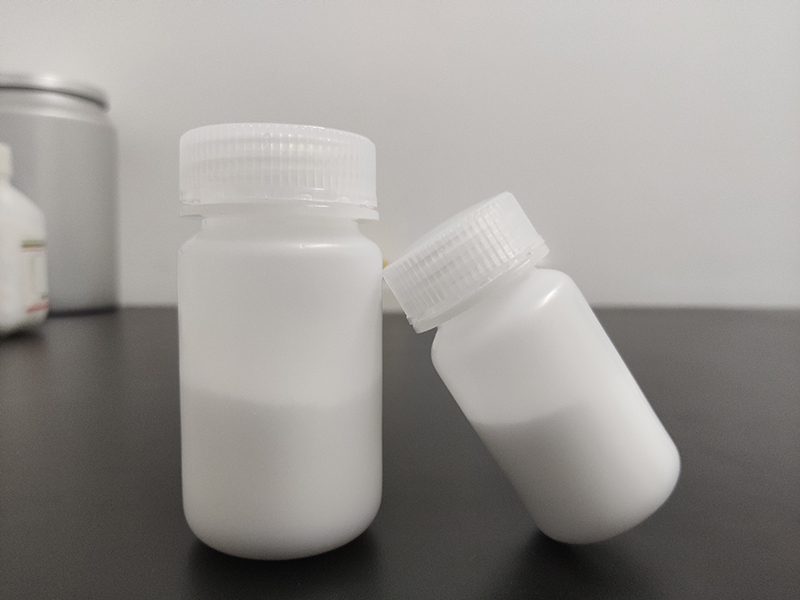Retatrutide is a novel synthetic peptide that has been designed to simultaneously activate three key receptors involved in glucose homeostasis and energy balance: glucagon receptor (GCGR), glucose-dependent insulinotropic polypeptide receptor (GIPR) and glucagon-like peptide-1 receptor (GLP-1R) (Finan et al., 2023, The New England Journal of Medicine). By targeting these receptors, retatrutide mimics the effects of their respective endogenous ligands, glucagon, GIP and GLP-1, which are hormones that regulate glucose metabolism and body weight in various tissues, such as the pancreas, liver, brain, adipose tissue and gastrointestinal tract (Drucker, 2023, Nature).
Unlike the endogenous ligands, which have short half-life, rapid degradation by dipeptidyl peptidase-4 (DPP-4) enzyme and undesirable side effects, such as hypoglycemia and nausea (Drucker, 2023, Nature), retatrutide has been engineered to overcome these limitations. Retatrutide is a fusion peptide composed of a modified glucagon sequence linked to a modified GLP-1 sequence via a GIP sequence (Finan et al., 2023, The New England Journal of Medicine). The modifications include amino acid substitutions and deletions that enhance the stability, potency and selectivity of the peptide for the three receptors (Finan et al., 2023, The New England Journal of Medicine).



Retatrutide has shown remarkable pharmacological properties and therapeutic efficacy in obesity and type 2 diabetes in preclinical and clinical studies. In animal models of obesity and diabetes, retatrutide has demonstrated superior effects on lowering blood glucose levels, stimulating insulin secretion, suppressing glucagon secretion, delaying gastric emptying, reducing food intake and body weight compared to single or dual agonists of the three receptors (Gault et al., 2023, Diabetes, Obesity and Metabolism; Coskun et al., 2023a, Molecular Metabolism). Retatrutide has also improved lipid profile, liver function, inflammation and cardiovascular parameters in these animals (Gault et al., 2023, Diabetes, Obesity and Metabolism; Coskun et al., 2023a, Molecular Metabolism).
In human clinical trials, retatrutide has also shown promising results in obese and diabetic patients. Retatrutide was well tolerated and showed dose-dependent effects on lowering blood glucose levels, stimulating insulin secretion, suppressing glucagon secretion and reducing appetite in a phase 1 study involving healthy volunteers and patients with type 2 diabetes (Coskun et al., 2023b, Diabetes Care). Retatrutide achieved up to 17.5% mean weight reduction at 24 weeks compared to placebo in a phase 2 study involving patients with obesity and overweight. This weight loss was accompanied by improvements in glycemic control, lipid profile, liver function and quality of life (Lilly’s phase 2 retatrutide results published in The New England Journal of Medicine show the investigational molecule achieved up to 17.5% mean weight reduction at 24 weeks in adults with obesity and overweight., 2023). Retatrutide also had a favorable safety profile with no serious adverse events or hypoglycemia episodes reported.

Figure 1. Retatrutide (LY3437943) inhibits glycated haemoglobin A1c (HbA1c) value (A) and bodyweight (B) over time.
(Urva S, Coskun T, Loh MT, Du Y, Thomas MK, Gurbuz S, Haupt A, Benson CT, Hernandez-Illas M, D'Alessio DA, Milicevic Z. LY3437943, a novel triple GIP, GLP-1, and glucagon receptor agonist in people with type 2 diabetes: a phase 1b, multicentre, double-blind, placebo-controlled, randomised, multiple-ascending dose trial. Lancet. 2022 Nov 26;400(10366):1869-1881.)
Retatrutide is currently under development by Eli Lilly and Company as a new drug candidate for obesity and type 2 diabetes. It represents a novel approach to target multiple receptors involved in glucose metabolism and energy balance with a single molecule. Retatrutide has shown remarkable efficacy in animal models and human trials with good safety and tolerability profiles. Further studies are needed to confirm its long-term benefits and potential risks in larger and more diverse populations. Retatrutide may offer a new option for patients who are struggling with obesity and diabetes and need more effective treatments.
We are a polypeptide manufacturer in China, with several years of mature experience in polypeptide production. Hangzhou Taijia Biotech Co., Ltd. is a professional polypeptide raw material manufacturer, which can provide tens of thousands of polypeptide raw materials and can also be customized according to needs. The quality of polypeptide products is excellent, and the purity can reach 98%, which has been recognized by users all over the world.Welcome to consult us.






